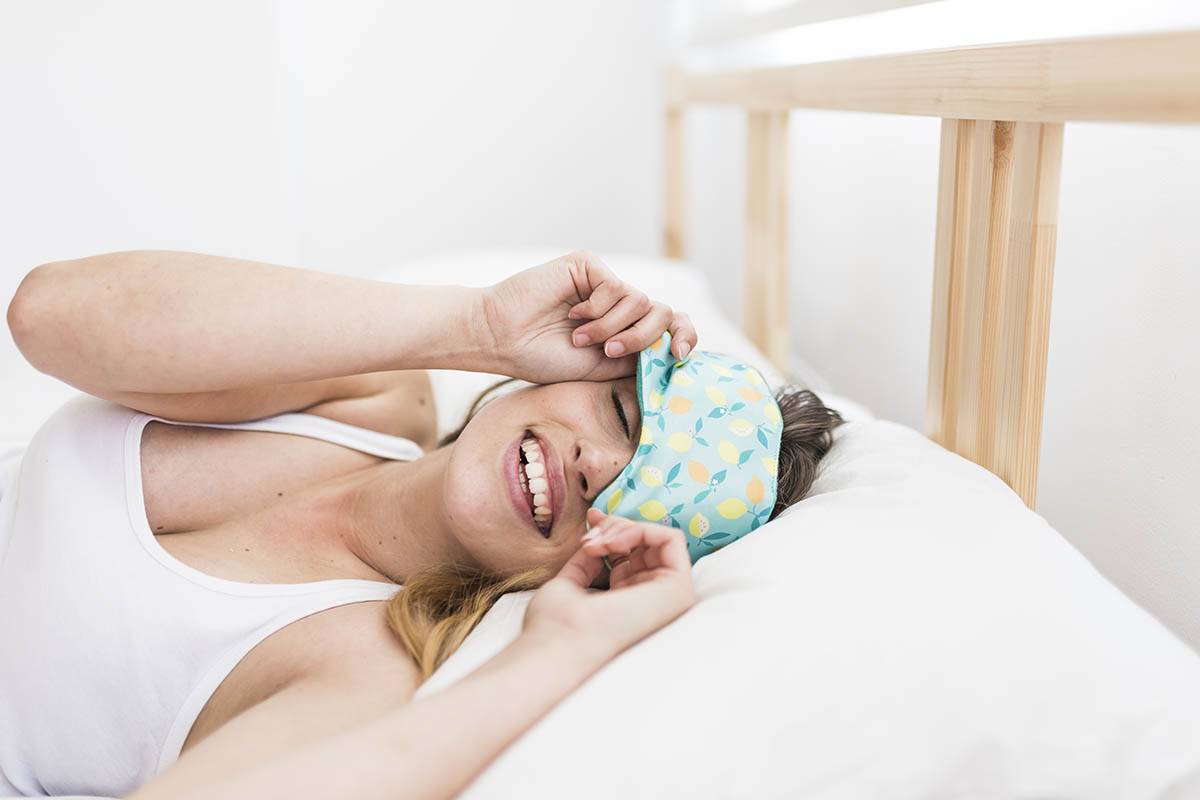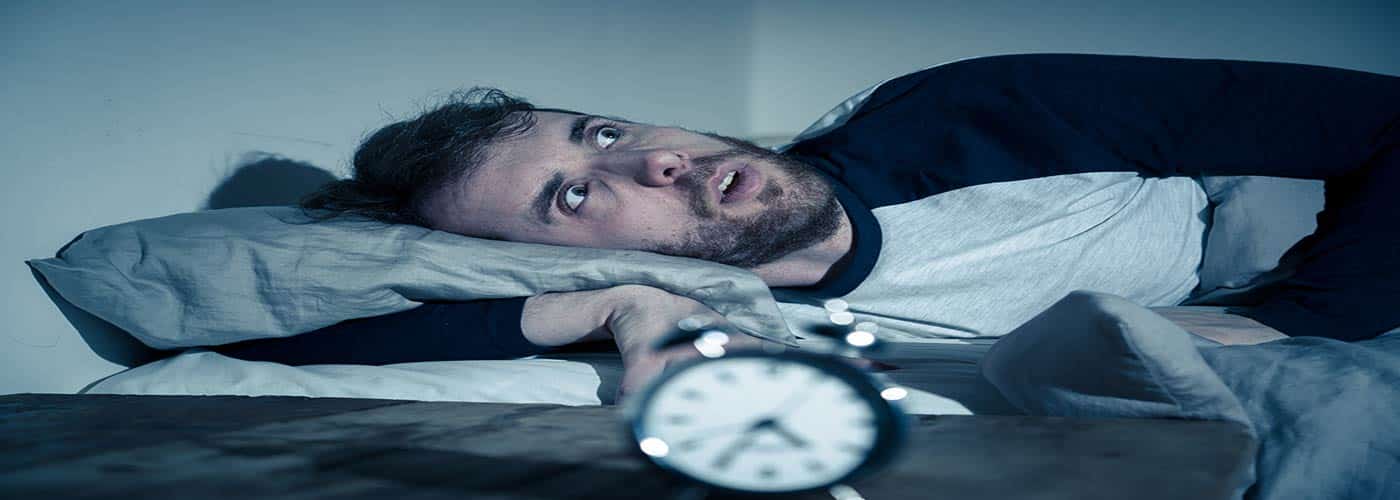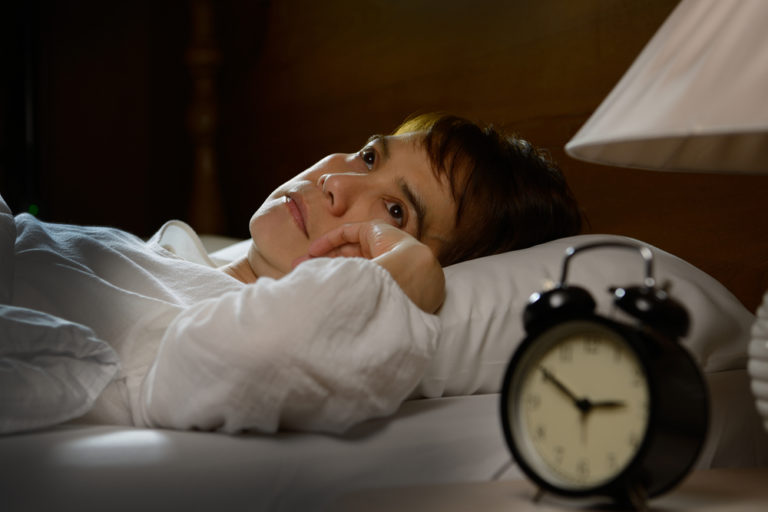
Keeping a sleep diary is a good way to track symptoms, which you can share with your health professional. It is a good idea to see your doctor if you are having trouble sleeping or you are having problems with your mood, feeling restless in bed, snoring badly or waking up not feeling refreshed. shift work - people who work different shifts often do not sleep as well as those who work set hours during the day.life stage - elderly people are more likely to have insomnia.sleep disorders, including obstructive sleep apnoea, circadian rhythm disorders caused by irregular sleep patterns, restless legs syndrome and periodic limb movement.mental health problems - insomnia can be a symptom of anxiety, depression or other disorders.hot flushes and night sweats during menopause), and breathing, urinary or digestive problems



But sometimes insomnia is chronic (called chronic insomnia disorder), meaning people have trouble falling or staying asleep for at least 3 months, along with being impaired during the day. Some people experience insomnia for a short time, for example when they are worried or stressed. waking up during the night and having trouble going back to sleep.It is more common in women and elderly people. Most Australians experience insomnia at some point in their lives, and about 1 in 10 people have at least mild insomnia at any given time. Insomnia is a sleep disorder in which people are unable to fall asleep or stay asleep. Related information on Australian websites.


 0 kommentar(er)
0 kommentar(er)
